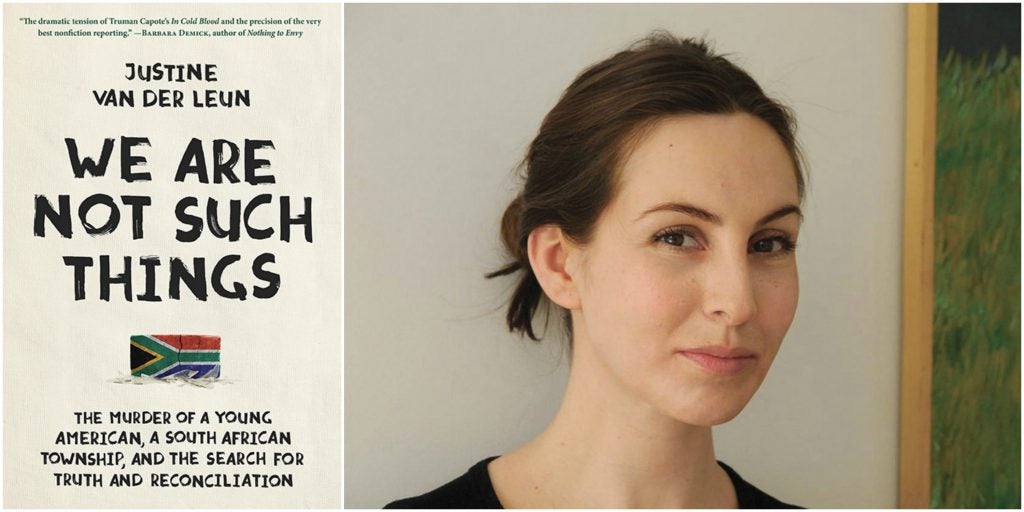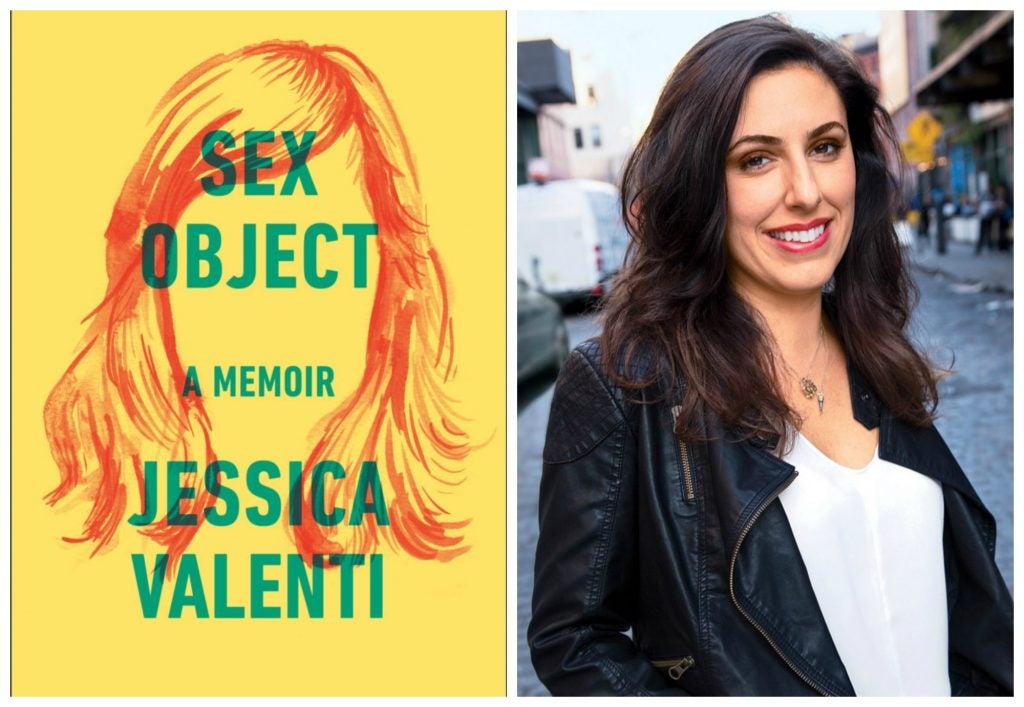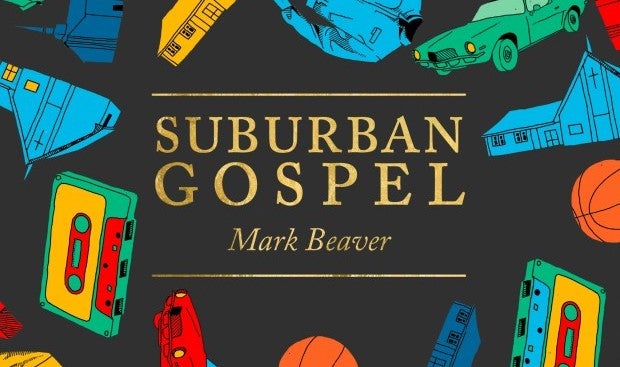On “We Are Not Such Things”: An Interview with Justine van der Leun
“Initially, I was going to tell the story of Amy and her murder, the subsequent criminal trial, the [Truth and Reconciliation] Commission, and her parents’ amazing feat of forgiveness. It’s a story that’s pretty well known in South Africa, and one that was at one point quite well known in America.”
On “We Are Not Such Things”: An Interview with Justine van der Leun Read More »
“Initially, I was going to tell the story of Amy and her murder, the subsequent criminal trial, the [Truth and Reconciliation] Commission, and her parents’ amazing feat of forgiveness. It’s a story that’s pretty well known in South Africa, and one that was at one point quite well known in America.”








